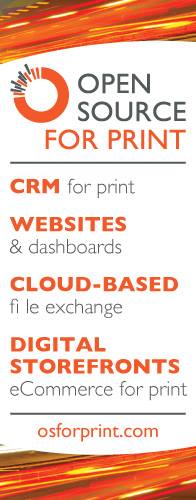I’ve been thinking a lot lately about what open source means in the broader economic sense. When it comes down to it, open source is an army of experts whose work is a constant drag on the closed source license based market, and a continual source of opportunity for companies who know to tap into the open source market for innovation, cost savings, and just plain efficiency.
Just look at some of these figures from Forbes regarding just what’s available over at the Linux Foundation:
- The total lines of source code present today in Linux Foundation’s Collaborative Projects are 115,013,302.
- The estimated, total amount of effort required to retrace the steps of collaborative development for these projects is 41,192.25 person years.
- In other words, it would take 1,356 developers 30 years to recreate the code bases present in Linux Foundation’s current Collaborative Projects listed above. The total economic value of this work is estimated to be over $5 billion dollars.
It turns out huge companies, even Microsoft, are going to the Linux Foundation and asking them how to use open source. Why? Because it will save them gobs of money, that’s why. From Forbes: “The modern CEO needs to find a way to manage the external R&D created by people that don’t work for them [i.e. the code that is available in open source projects]”. Indeed, open source represents a broader economic evolution in the tech industry. It’s just more efficient than the old way. Companies that wake up and pursue new ideas with the help of the massive open source community will move a lot faster than those that don’t.
Read the article on Forbes here: http://www.forbes.com/sites/adrianbridgwater/2015/10/01/linux-foundation-companies-are-asking-us-how-to-use-open-source/

